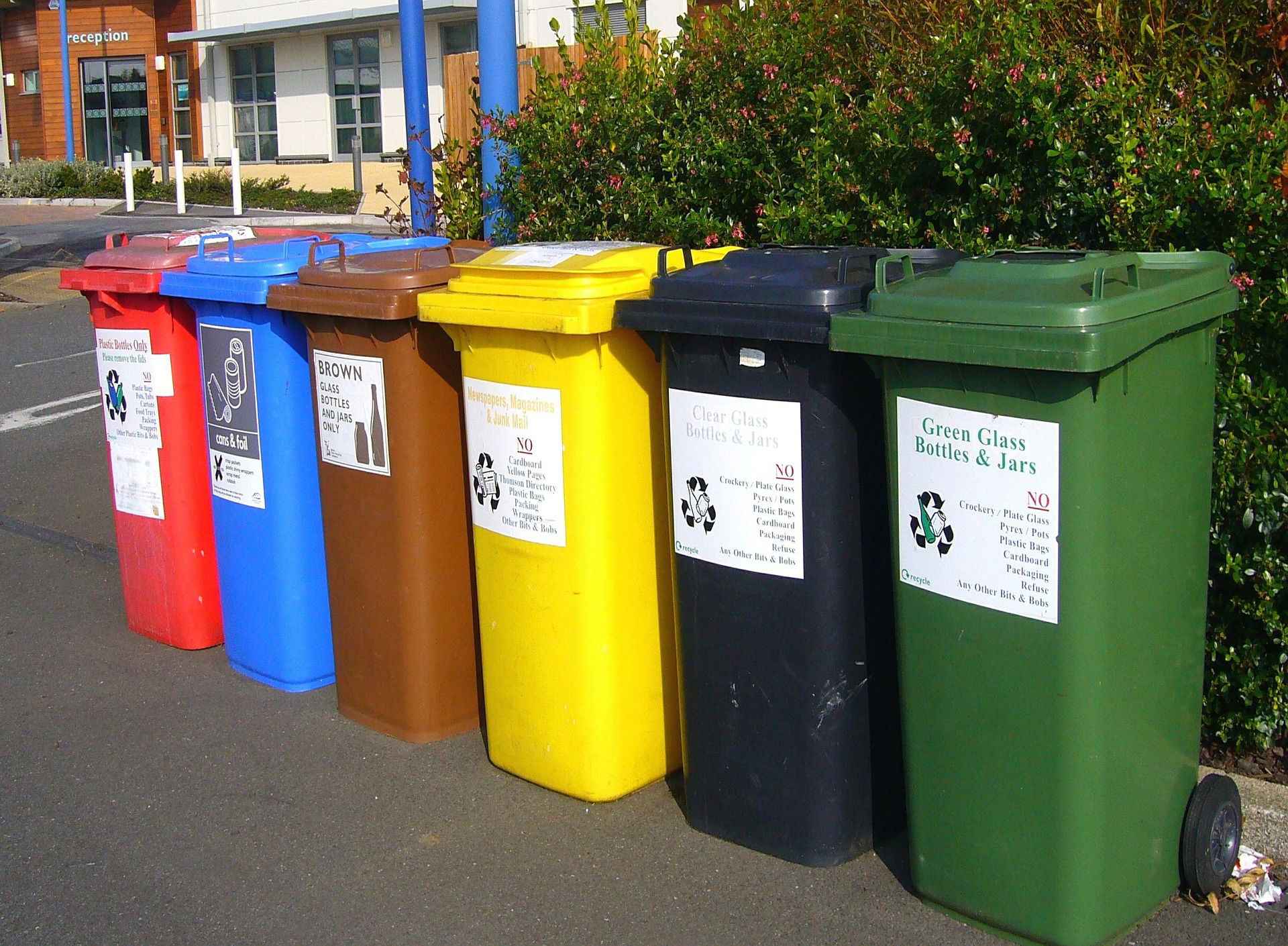More Tips On Reducing Food Waste

1. Meal Prep
Planning your meals ahead of time is one of the best ways to avoid food waste. When planning, try to choose meals that use the same ingredients. You’ll spend less money on food items, and avoid throwing away any leftover or extra ingredients. On your shopping list, be sure to note how many meals you’ll make with each item to avoid over- or under-buying.
2. “Shop” Your Kitchen
Before you head to the grocery store, head to your kitchen! Check your fridge, freezer, and the deep recesses of your cupboards to make sure you’re not heading out to buy something you already have. To make shopping your kitchen easy, keep a running list of your pantry staples and always take note when something runs out, so you can restock and keep your supply perfectly balanced.
3. Keep Your Refrigerator Clean
Another way to avoid buying unnecessary food is to organize your refrigerator. A cluttered fridge is a slippery slope to letting food go out of sight and out of date. Put your food in the proper drawers, and always put new food items behind old ones, so the older items get eaten first.
That doesn’t mean your fridge can’t be full—in fact, a full refrigerator is also a more efficient refrigerator, which means you’re spending less on electricity to keep your food cool. Instead of overstocking on food, however, fill the empty spaces in your fridge with water bottles, and your freezer with bags of ice.
4. Stop Buying in Bulk
Just because you meal prep doesn’t mean you need to buy all your ingredients at once. Being in a busy family often means plans can change—a extracurricular runs long; the kids go to a friend’s house to study; you decide to order in instead of cook, etc. Not buying in bulk allows you to be flexible, and a quick trip to the store every few days will actually lessen your chances of wasting food.
5. Buy “Ugly” Food
The majority of wasted food are fruits and vegetables that go bad before they can be eaten. This doesn’t just occur in our homes—it also occurs before the food is even bought! Bruised apples, bumpy oranges, and other “flawed” produce are often thrown out by farmers and stores because consumers won’t buy them. Picking these less-than-perfect (but still perfectly delicious!) fruits and veggies indirectly reduces waste.
6. Store Food Correctly
Another big reason food goes to waste is improper storage. For example, you may be tempted to keep tomatoes “fresh” by putting them in the fridge, but this can actually lead to premature ripening, which makes them spoil faster—sometimes before you have a chance to enjoy them.
For more tips , please visit this website: https://www.homeselfe.com/12-easy-ways-your-family-can-reduce-food-waste/
If you’re not sure the best storage methods, here’s a great guide on storing food the right way.
